Unearthing Humanity’s Legacy
Human Journey Through Time
Humanity’s journey is a rich tapestry woven with countless threads of history, each strand representing a lesson learned, a culture preserved, and a connection to our ancestors. Archaeology, the meticulous study of human history through material remains, offers us a unique window into the past, allowing us to understand how our predecessors lived, thrived, and adapted to their environments.
Discovering Ancient
Ingenuity By delving into ancient civilizations, archaeologists uncover the ingenuity and resilience of early humans. From the architectural marvels of the Egyptians to the intricate pottery of the Greeks, each discovery tells a story of innovation and creativity. These findings not only enrich our knowledge of history but also inspire modern advancements. For instance, studying ancient water management systems can provide insights into sustainable practices for today’s water scarcity challenges.

Connecting with Our Roots
Moreover, archaeology fosters a deeper connection to our roots. Unearthing artifacts and ruins allows us to walk in the footsteps of those who came before us, bridging the gap between past and present. This connection to our heritage instills a sense of identity and continuity, reminding us that we are part of a larger human story.
Cultural Exchange and Influence
Archaeology also reveals the extent of cultural exchange and influence among ancient civilizations. Trade routes, such as the Silk Road, facilitated the exchange of goods, ideas, and technologies across vast distances. By studying these interactions, we gain insights into how different cultures influenced each other, leading to the development of new art forms, religious practices, and social structures. This understanding of cultural exchange helps us appreciate the interconnectedness of human history and the shared heritage that binds us together.

Technological Advancements
The study of ancient technologies provides a fascinating glimpse into the ingenuity of early humans. From the invention of the wheel to the development of metallurgy, each technological breakthrough had a profound impact on society. By examining these advancements, archaeologists can trace the evolution of human innovation and its role in shaping civilizations. This knowledge not only highlights the resourcefulness of our ancestors but also inspires contemporary engineers and inventors to build upon these foundations.
Social Hierarchies and Governance
Archaeological findings shed light on the social hierarchies and governance structures of ancient societies. By analyzing burial sites, monumental architecture, and written records, researchers can reconstruct the political and social organization of past civilizations. This understanding helps us comprehend the complexities of human societies and the factors that contributed to their rise and fall. It also provides valuable lessons on leadership, governance, and social cohesion that are relevant to modern-day societies.

Art and Symbolism
Artifacts such as pottery, jewelry, and sculptures offer a window into the artistic expression and symbolism of ancient cultures. These objects often carry deep cultural and religious significance, reflecting the beliefs, values, and aesthetics of the time. By studying these artistic creations, we gain a deeper appreciation for the creativity and spiritual life of our ancestors. This exploration of art and symbolism enriches our understanding of human culture and its enduring legacy.
Preservation and Conservation
Finally, archaeology plays a crucial role in the preservation and conservation of cultural heritage. By documenting and protecting archaeological sites, researchers ensure that future generations can learn from and appreciate these invaluable resources. This commitment to preservation highlights the importance of safeguarding our shared history and the responsibility we have to maintain the integrity of these sites. It also underscores the need for sustainable practices to protect our cultural and natural heritage for the benefit of all.
Environmental Insights As we learn from the past, we also gain a greater appreciation for the environment. Ancient societies often lived in harmony with nature, utilizing resources sustainably and respecting the delicate balance of ecosystems. By understanding their practices, we can adopt more environmentally conscious approaches in our modern world, ensuring a healthier planet for future generations.
Conclusion
In essence, archaeology is not just about uncovering relics, it’s about uncovering ourselves. It teaches us that our past is a foundation upon which we build our future, and that by learning from history, we can create a more enlightened and sustainable world. By exploring the ingenuity, cultural exchanges, social structures, artistic expressions, and preservation efforts of ancient civilizations, we gain valuable insights that shape our present and guide our future. Archaeology reminds us that we are part of a larger human story, one that continues to evolve and inspire.
Join the Discussion
What do you think about the lessons we can learn from archaeology and how they shape our view of humanity and the environment? Have you ever visited an archaeological site or found an old artifact that sparked your curiosity? How do you think these ancient lessons can help us create a better future?



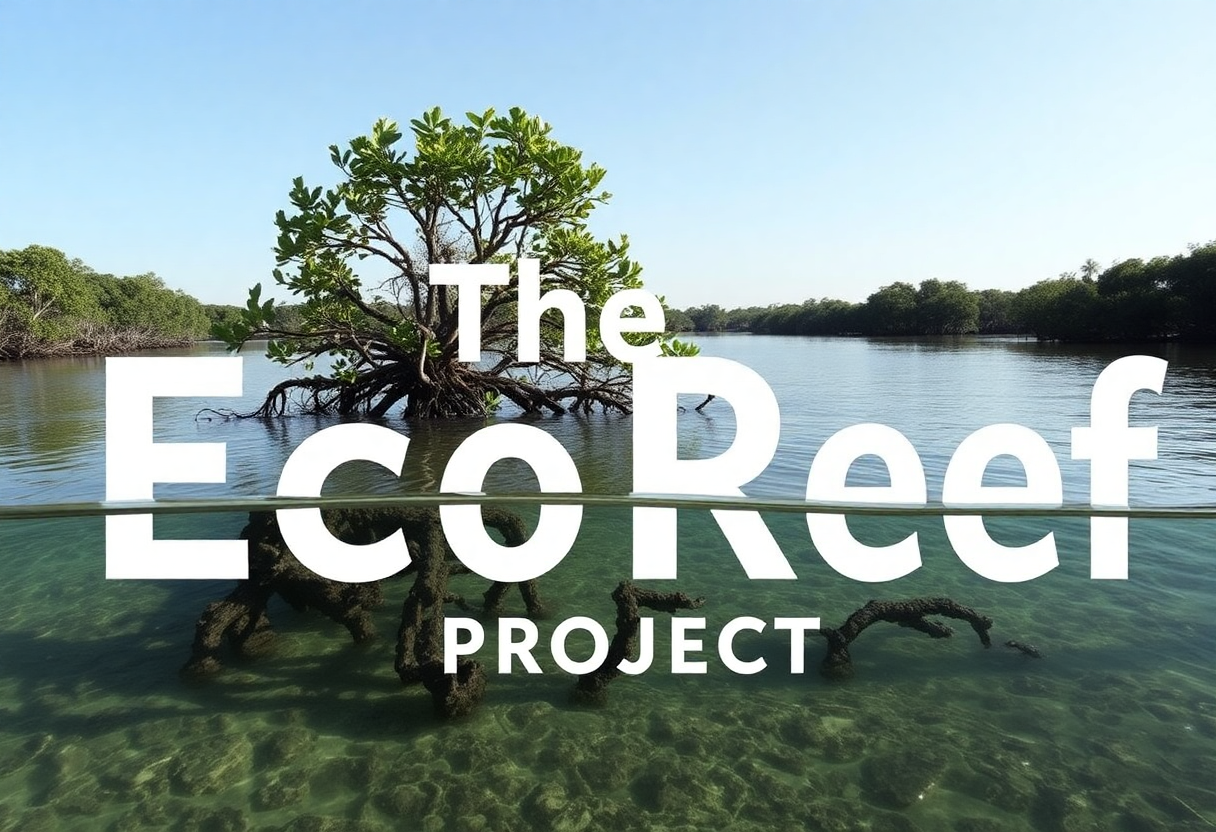
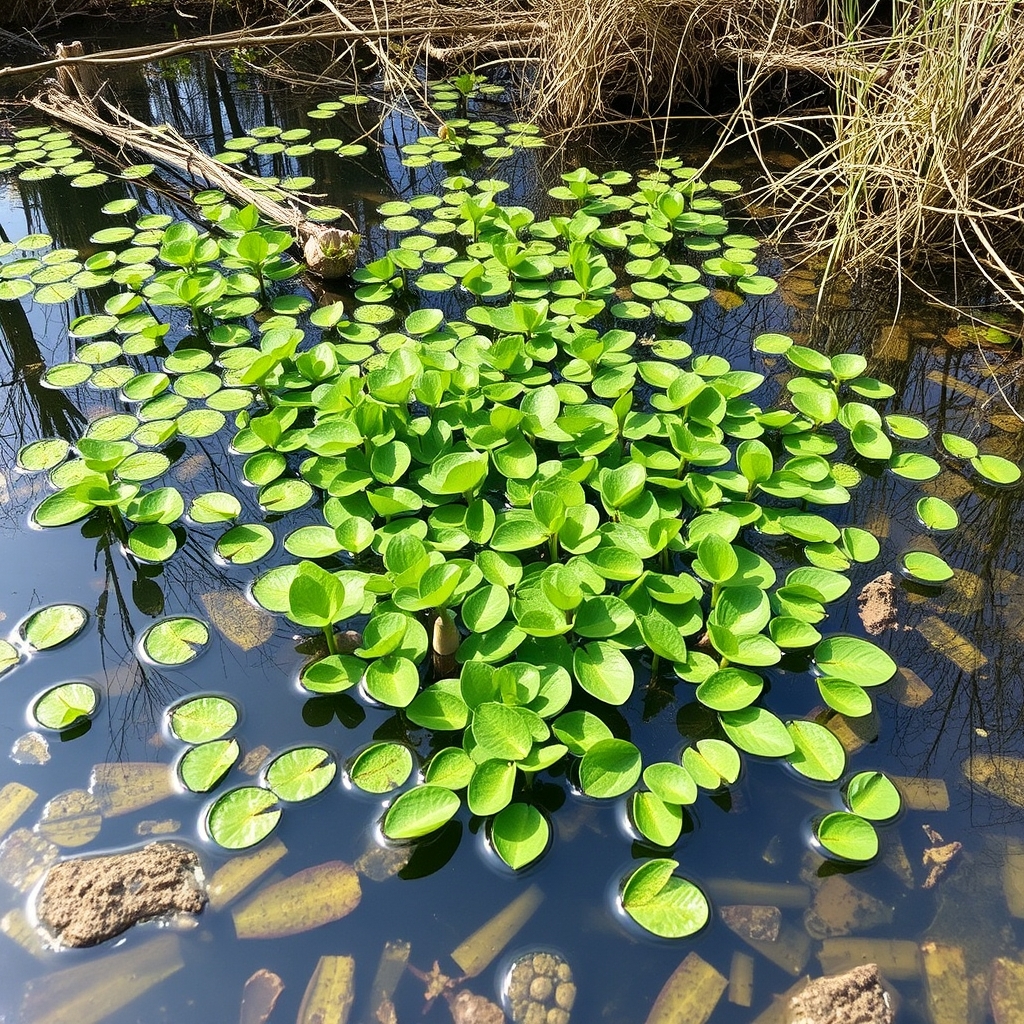
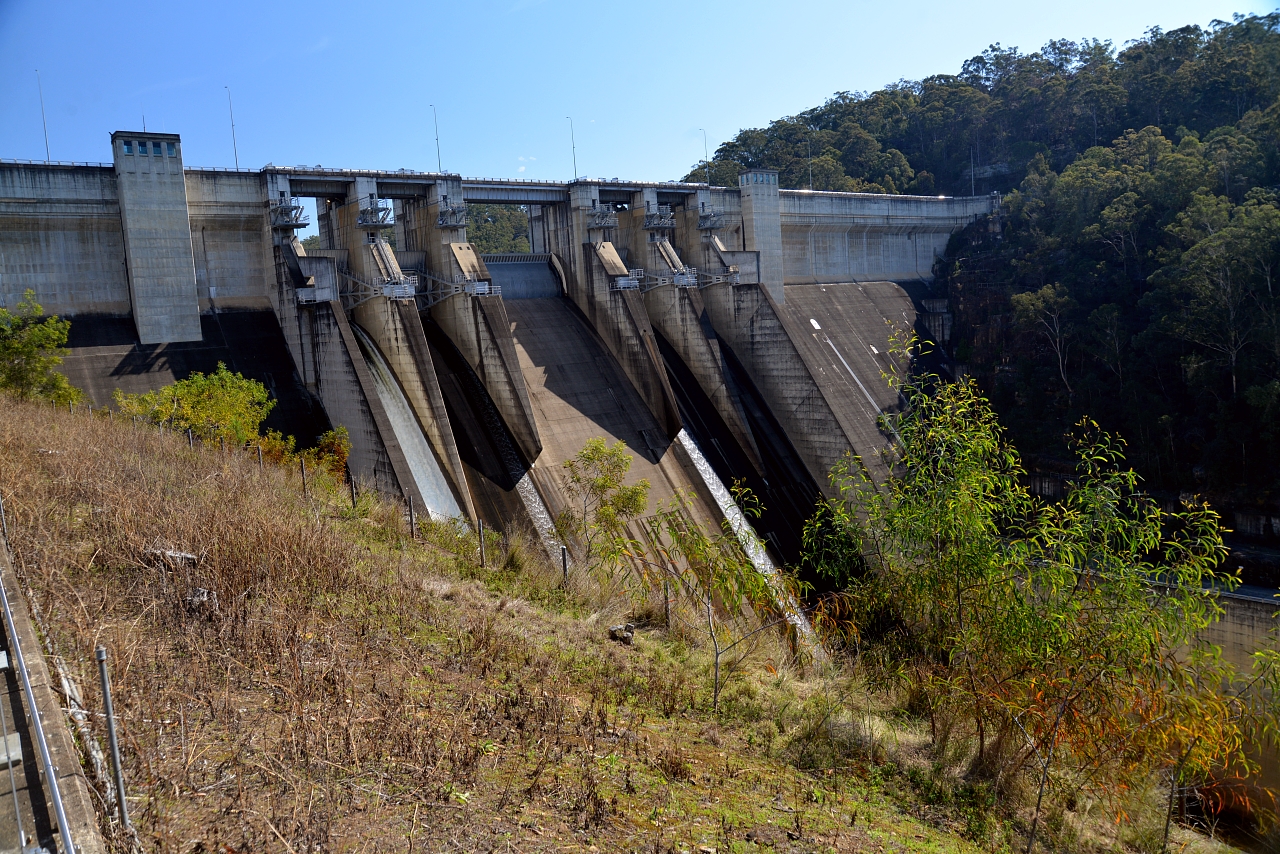
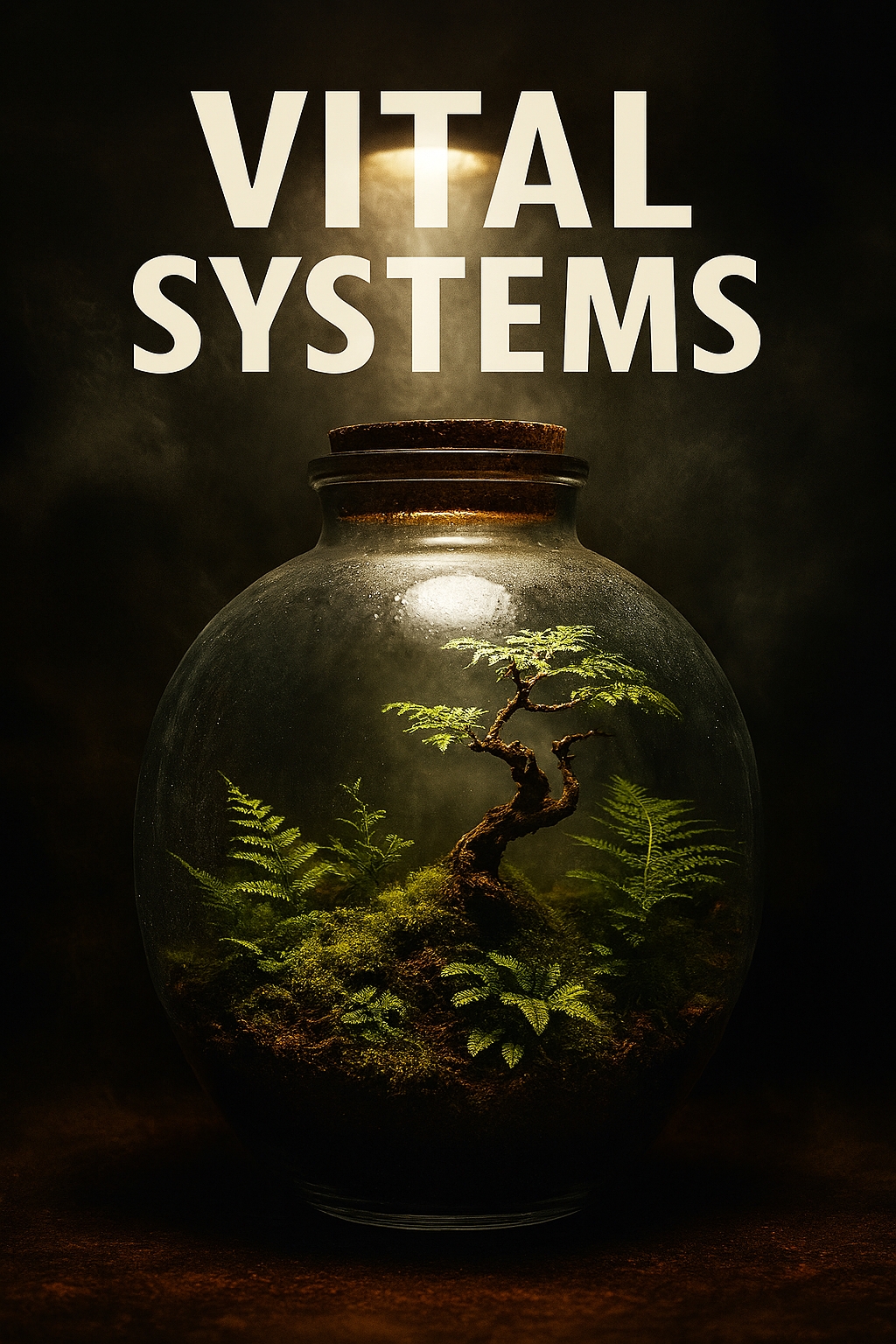


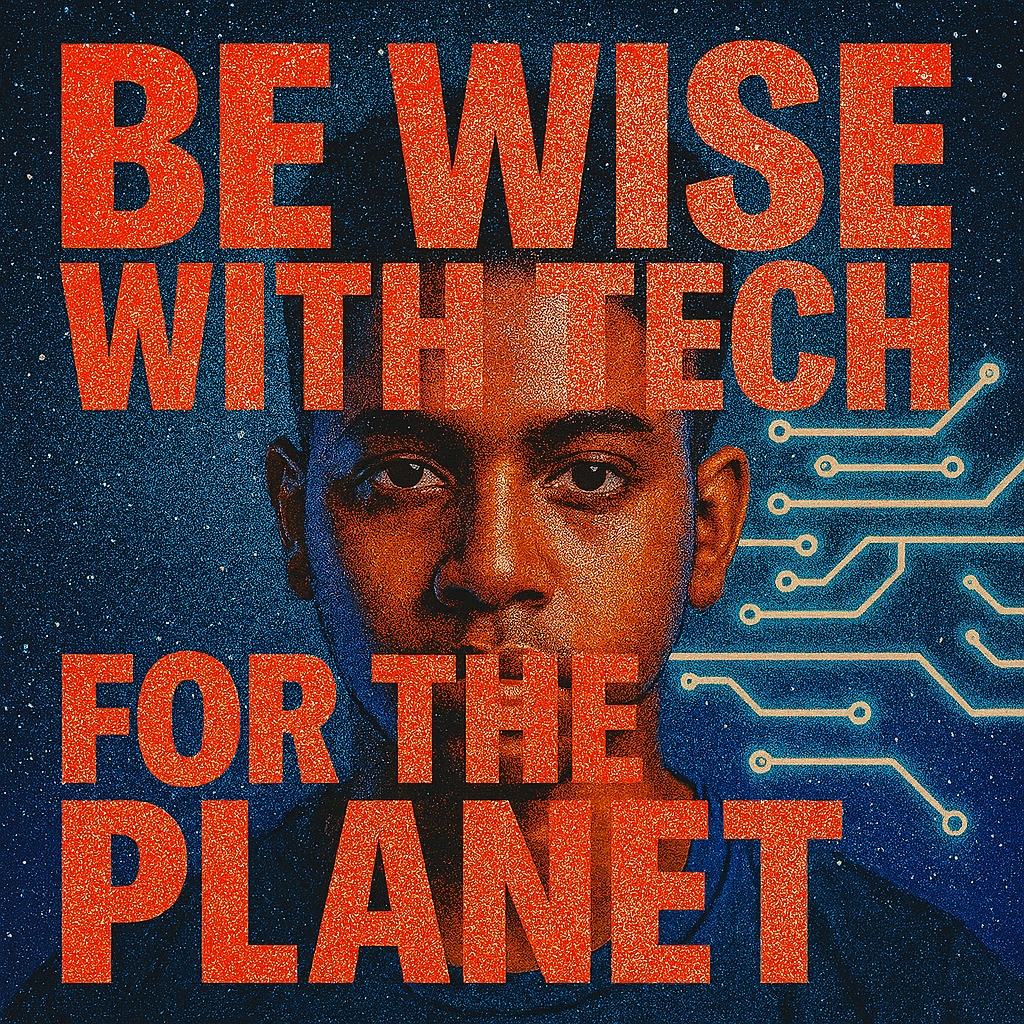

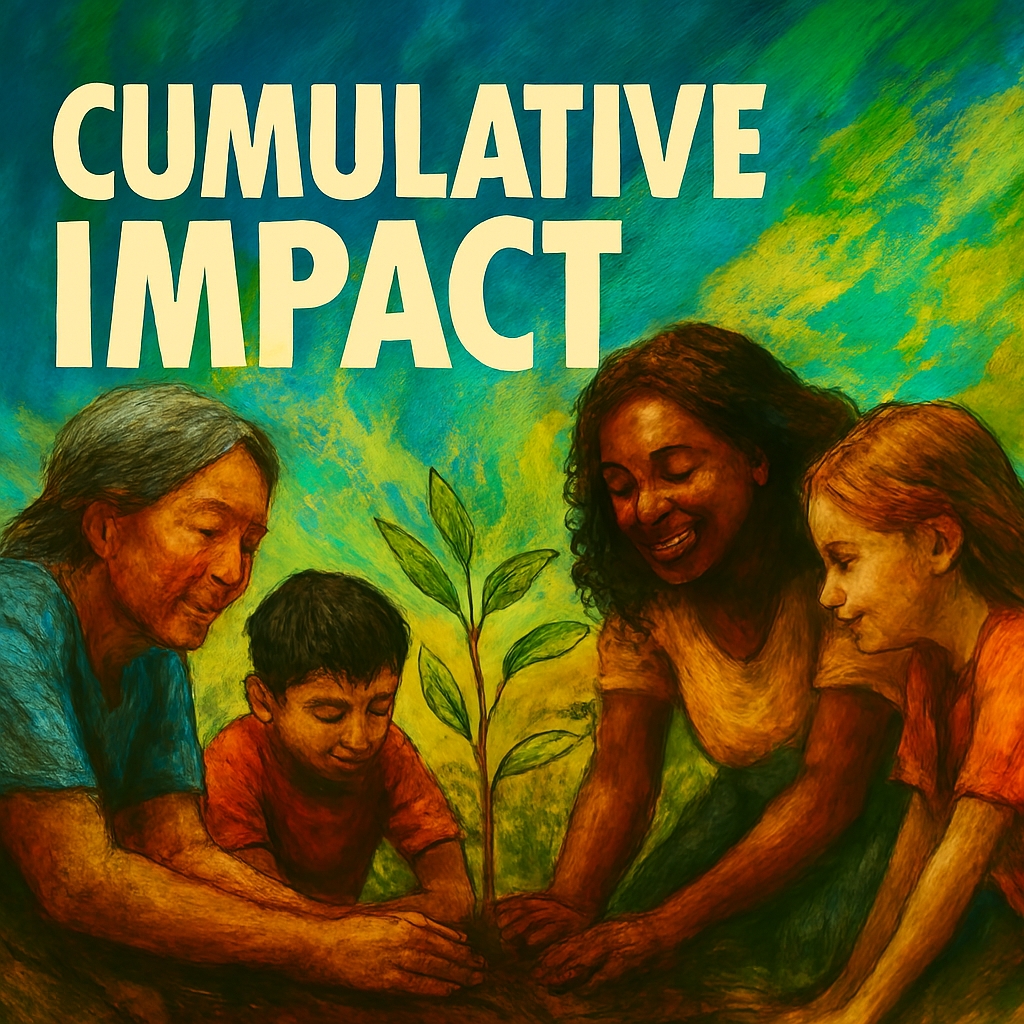

Learn Photography In The Great Beautiful City Sydney
[…] be a rewarding and creative way to express yourself, document your experiences, and see the world from a new perspective. Sydney offers a plethora of unique spots where you can hone your photography […]